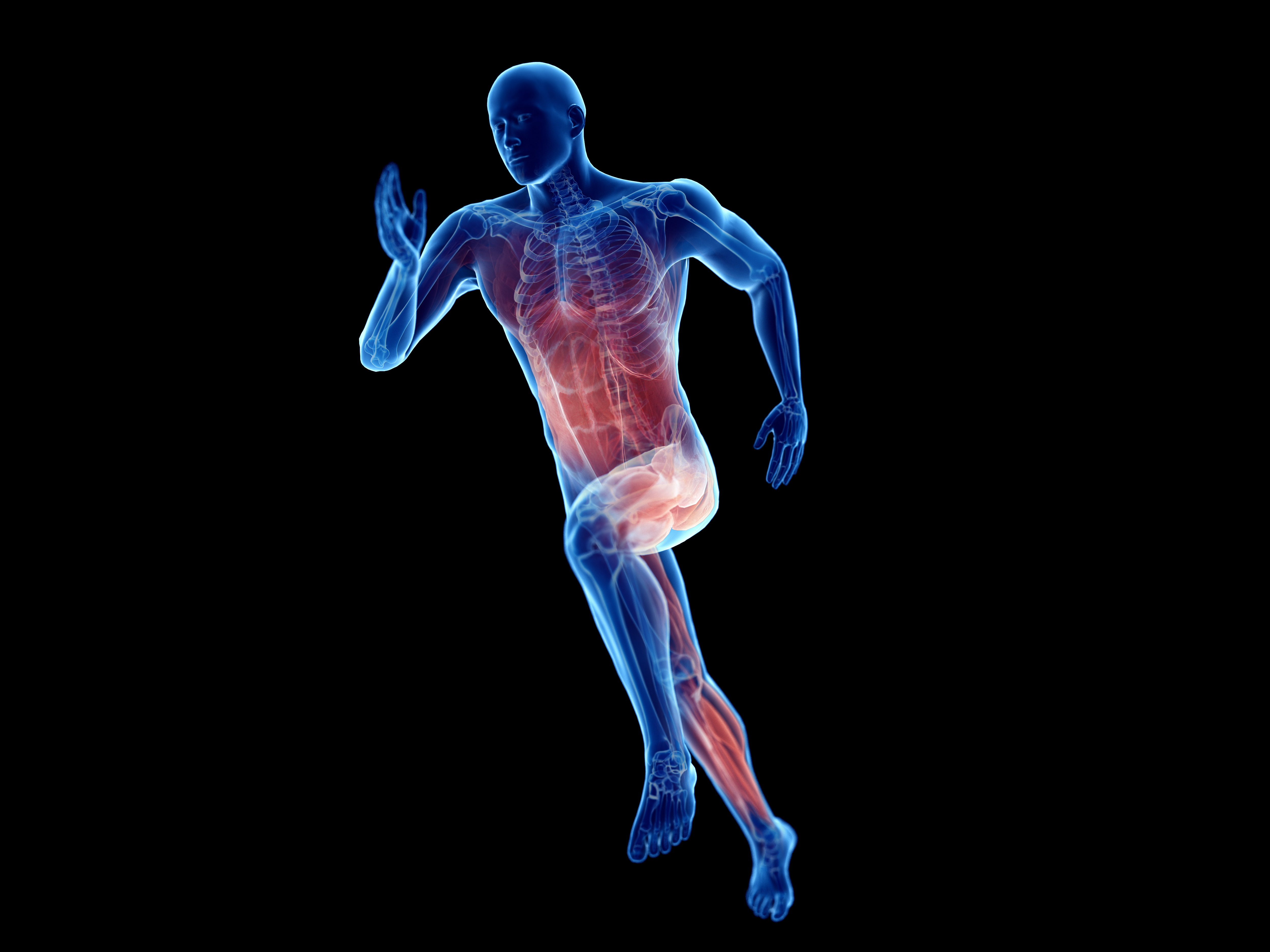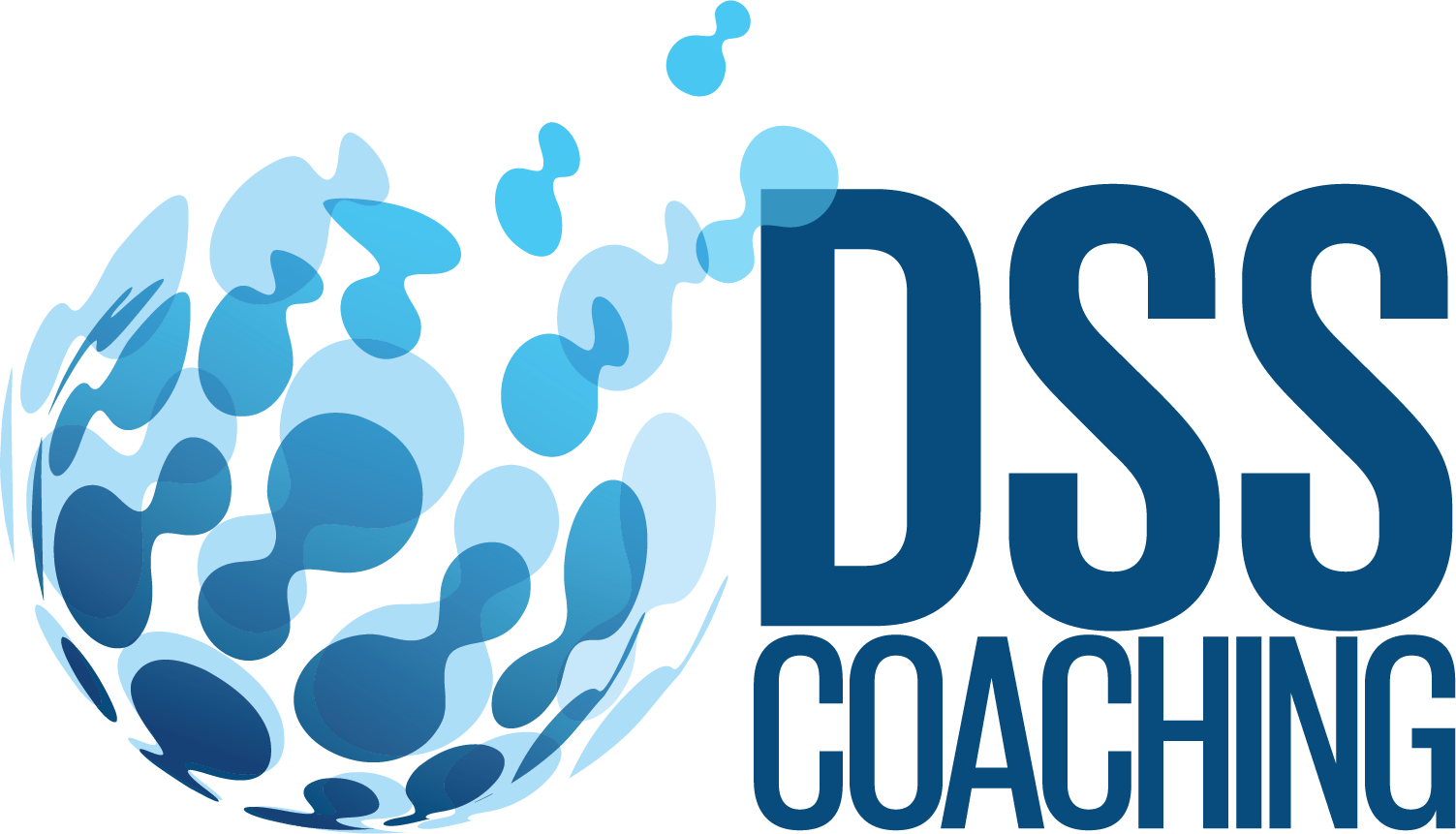
22 Apr GAA Season Return Advice – by Ciaran Deely MSc MA
By Ciaran Deely MSc MA – Sport Scientist at QPR FC Academy and CEO of Deely Sport Science Ltd
*This article first appeared in the Irish Examiner newspaper on Monday 19.04.2021 where 15 well-known coaches from around Ireland discussed the impending return of GAA action post-COVID lockdown.
GAA Inter county
1. Will inter-county squads be cramming over the next four weeks or is that enough time to get their eye in for a return to play?
This is where the players and set ups who have trained smartly during lockdown will reap the rewards of that well-thought-out programme. The team’s multi-disciplinary support staff would have designed a return to play (RTP) programme. The plan would have included technical skills work from the coach, tactical analysis from the manager, physical loadings from the S&C coach and analysing the response to training from the sport scientist. If the appropriate work was done, 4 weeks is now enough to get prepared for League. There will be a spike in workload, so I would advise as much recovery as training!
- What are the key priorities when you return to pitch and how will you set about achieving them?
My priorities over the coming 4 weeks would be very simple- give the players what they didn’t get over the lockdown period. Split the programme across the 4-Corner Approach: technical, tactical, physical and psycho-social, and analyse 1) what are the big rocks of the programme that are most important to you and your team; and 2) where are the empty or half-filled buckets that need topping up? In lockdown players had their fill of skills practice, aerobic development and virtual meetings…so key priority for coaches should be lots of games, pitch tactical work and anaerobic power and repeatability.
- Will an understandable focus on skillset be to the detriment of physical prep and lead to a spate of soft tissue injuries in May?
Skill development should not be the focus in the coming weeks. Lockdown ticked that box. The priority from a player’s point of view needs to be on 1) rediscovering pitch relationships with teammates (for example how a player likes to receive the ball), 2) getting to know your pitch geography again (dimensions of your positioning on the field), and 3) getting to know their role in the overall game plan and his/her job essentials. From professional sports we can see there will be an unavoidable spike in injuries. An efficient periodised plan and appropriate loading programme might help mitigate this.
GAA Underage
- What is the best way to ensure the underage stars fall back in love with the games when they return?
This is very simple! Think about what these kids love about the GAA and playing- games, fun with teammates, the challenge to improve- and give them that. Set up your sessions with all these components in mind, not what you want to do yourself as a coach. This is a period certainly to ‘look through the eyes of the child’ when designing your session plans and programme age-appropriate activities from that viewpoint. Coaching children and youths is not so different from coaching Inter county- give them what they missed out on during lockdown. They’ll thank you for it.
- Explain in some detail how you go about achieving that, citing on-field examples with the ball?
A session plan is like a jig-saw puzzle- there are many components to it; it can at times look a bit messy; but when the appropriate pieces are plugged into place, it can look a beautiful thing. Think of your session as that blank puzzle where you plug in different activities- warm up, games, shooting, principles of play and game scenarios. Rotate your warm ups with social, team building and chasing games. Skill and teammate relationship building can be passing and catching in 3s or 6s. And play lots of different modified games with attack v defence match scenarios.
- How do you achieve that balance between regaining fitness and ball work?
There is no balance between regaining fitness and ball work for underage player return to playing. There is no fitness development needed, in the traditional sense. Focus on the ball, the games and making your activities fun, challenging and developmental. There is, however, a misunderstood concept out there that everything needs to be done with the ball- it doesn’t. Enjoyable age-appropriate locomotive skills development and fundamental physical literacy skills can be done with and/or without the ball. Develop their agility, change of direction, decision making and speed in competitive situations, along with the ability to acceleration and decelerate at speed.



No Comments